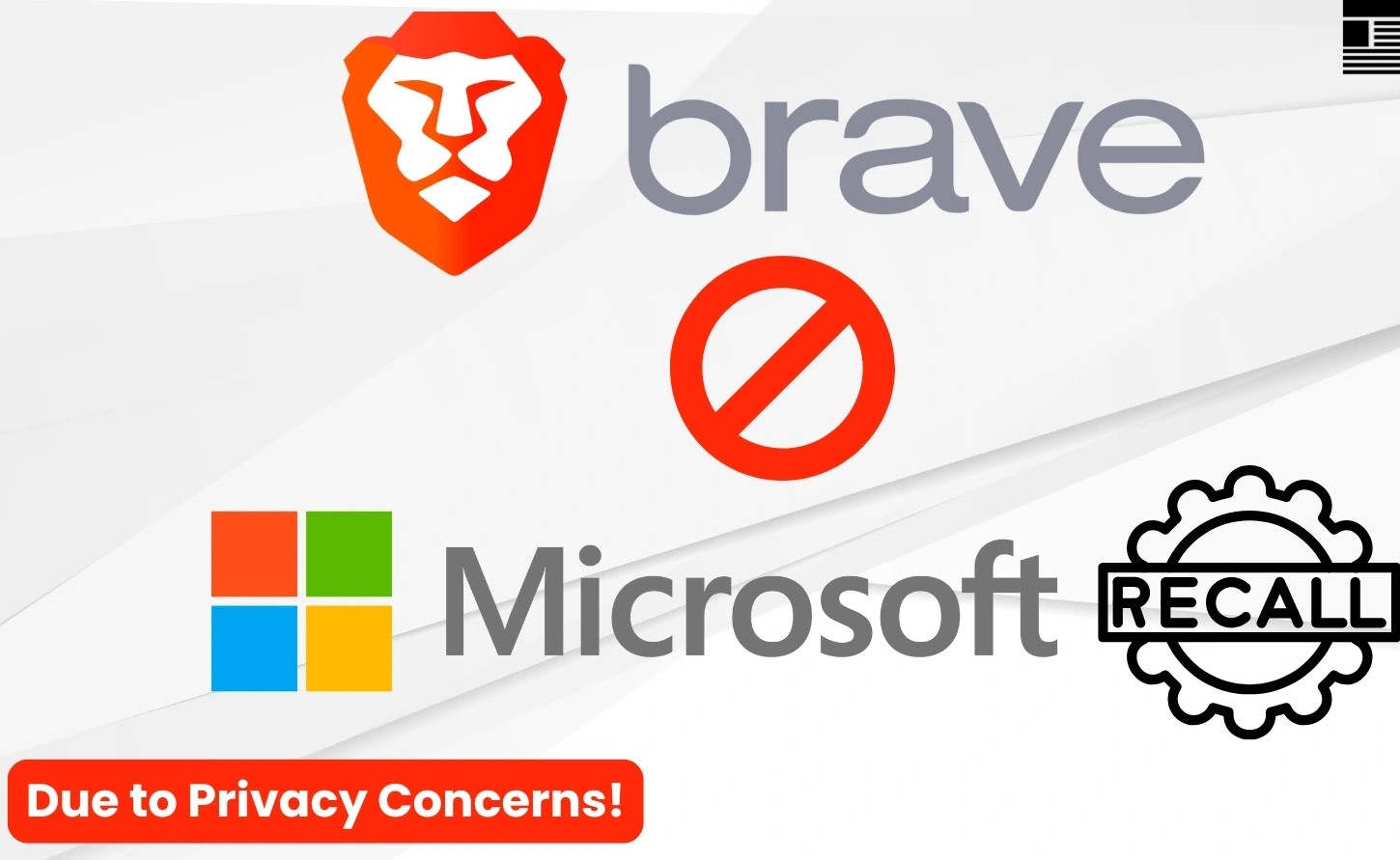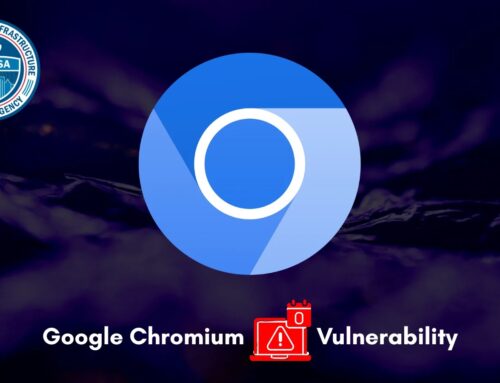
Brave Browser Blocks Microsoft Recall by Default Due to Privacy Concerns
The digital landscape is a constant negotiation between innovation and privacy. Nowhere is this more evident than in the recent actions taken by Brave, the privacy-focused browser, against Microsoft’s controversial Recall feature. Starting with version 1.81, Brave for Windows users will, by default, block Recall, marking a significant victory for user autonomy and data security. This decision underscores a growing industry-wide concern about systems that automatically log and store user activity, even if locally.
Understanding Microsoft Recall’s Privacy Implications
Microsoft Recall, part of the Copilot+ PC initiative, is designed to enhance user productivity by allowing seamless searching through past activities. It achieves this by periodically taking screenshots of the user’s desktop, effectively creating a photographic memory of everything displayed onscreen. These screenshots are then analyzed and stored in a local database on the user’s device. While Microsoft asserts the data remains local and encrypted, the very nature of continuous, automated data capture raises substantial privacy and security red flags.
- Broad Data Collection: Recall captures a wide array of information, from browser activities and document contents to video calls and sensitive data displayed on screen.
- Potential for Abuse: Despite local storage claims, the existence of a comprehensive activity log creates a tempting target for malware, insider threats, or unauthorized access if a device is compromised.
- Lack of User Control: While users can disable Recall, its default-on status and deep integration into the system raise concerns about informed consent and easy management.
Brave’s Proactive Stance on User Privacy
Brave’s decision to block Microsoft Recall by default is not merely a reactive measure but a continuation of its foundational commitment to user privacy. The browser is built on principles of advertisement and tracker blocking, strong encryption, and minimizing data collection. By actively preventing Recall from functioning within its environment, Brave is sending a clear message: user data privacy extends beyond traditional browser-based tracking to operating system-level surveillance.
This action by Brave highlights a critical aspect of cybersecurity: defensive depth. Even if a feature is intended to be benign, its architecture can introduce new attack surfaces. Brave’s developers recognized the inherent risk posed by a system that continuously logs visual data, even if stored locally. A local database of screenshots, while perhaps more secure than cloud storage, is nevertheless a honey pot for sophisticated malware or adversaries who gain local access.
Remediation Actions and User Empowerment
For users concerned about their digital privacy, understanding how to manage features like Microsoft Recall is paramount. While Brave offers a default block, it’s crucial to take additional steps to ensure comprehensive protection.
- For Microsoft Recall Users:
- Disable Recall System-Wide: Navigate to Windows Settings > Privacy & security > Recall (or “Instant Playback” depending on your Windows version) and turn the feature off.
- Delete Existing Recall Data: Within the Recall settings, look for an option to delete your Recall history to remove previously captured screenshots.
- For Brave Browser Users (v1.81+):
- Ensure you are running Brave version 1.81 or later. The default block for Recall should be active.
- Regularly update your browser to benefit from the latest security and privacy features.
- General Privacy Best Practices:
- Utilize Privacy-Focused Tools: Beyond Brave, consider using privacy-enhancing browser extensions (with caution, verifying their legitimacy) and privacy-focused operating system configurations.
- Implement Strong Endpoint Security: Ensure your device has robust antivirus and anti-malware solutions. Regular scans are essential.
- Practice Least Privilege: Limit software installations and only grant necessary permissions to applications.
- Stay Informed: Keep abreast of new privacy-invasive technologies and security vulnerabilities. For instance, while not a CVE specific to Recall’s default behavior, any vulnerability allowing local privilege escalation (CVE-2023-36035, as an example for LPE) could theoretically be exploited to access Recall’s local data.
The Future of Digital Privacy
Brave’s action against Microsoft Recall is a testament to the ongoing tension between convenience and privacy in software design. It highlights a critical trend where developers are increasingly taking proactive stances against features that, while perhaps well-intentioned, inherently create privacy risks. As devices become more integrated with AI and predictive functionalities, the need for transparent data handling and user control will only intensify. This event serves as a call to action for both software vendors to prioritize privacy-by-design and for users to critically evaluate the privacy implications of the technologies they adopt.





